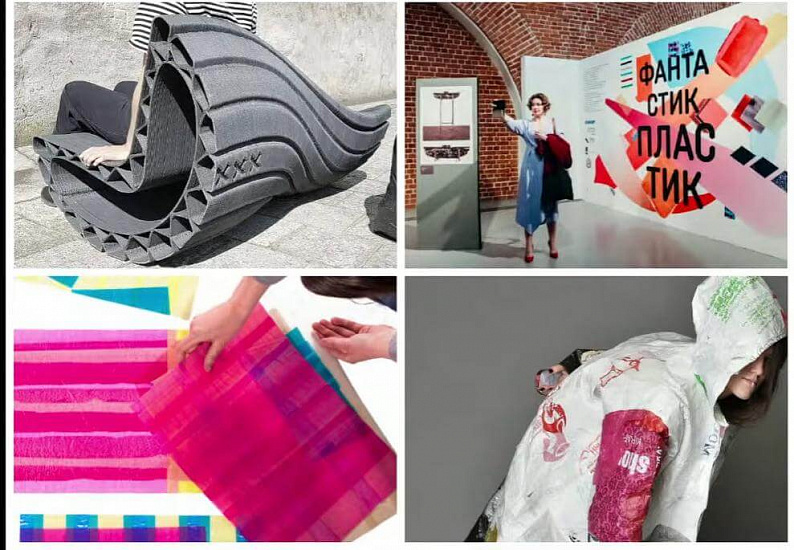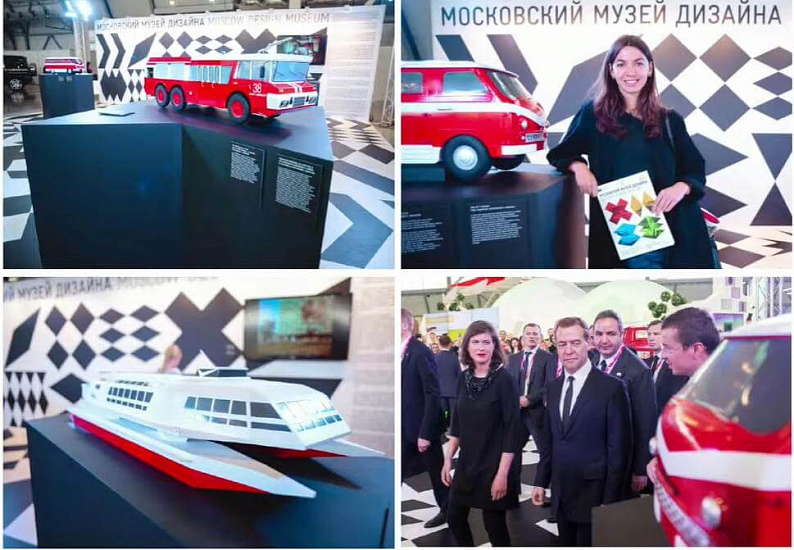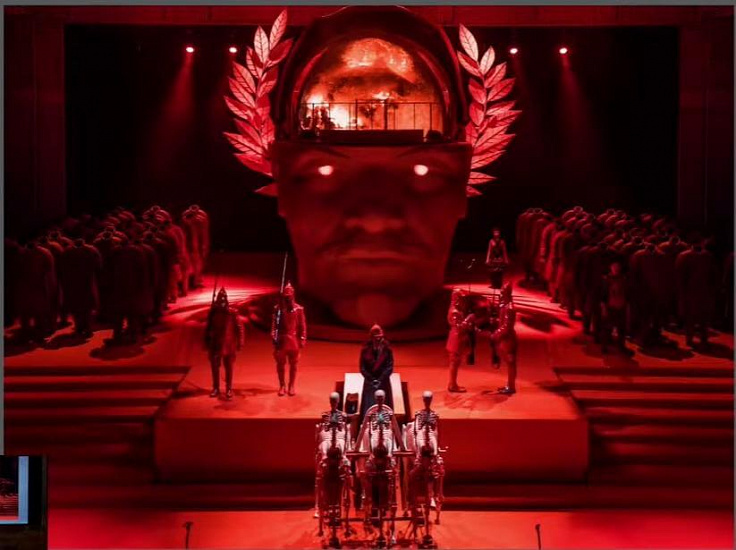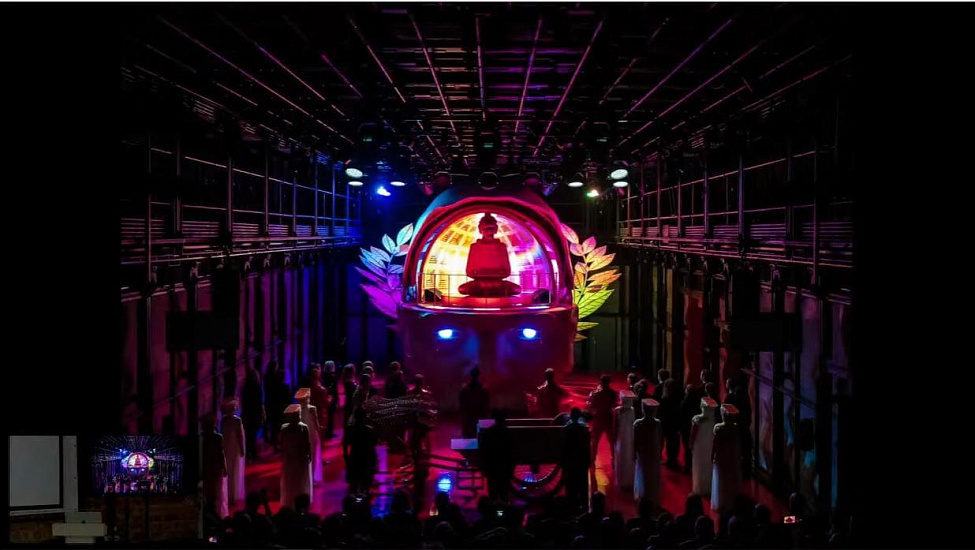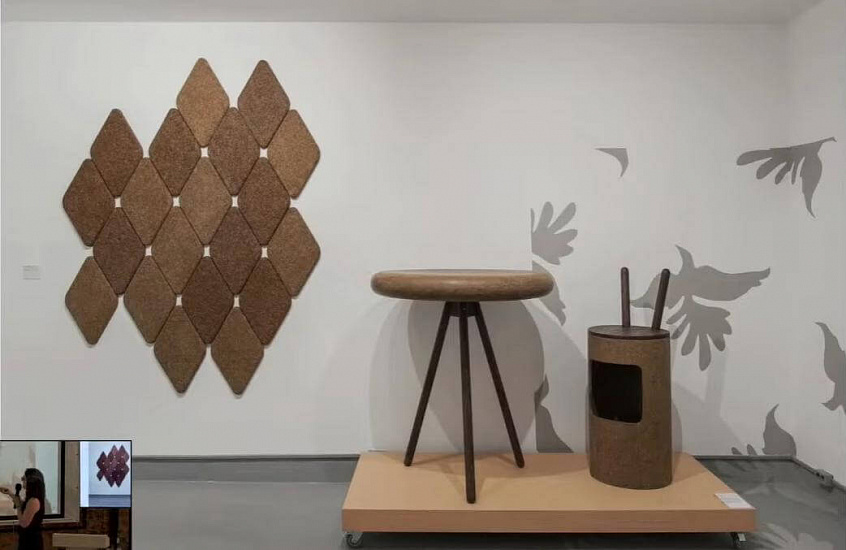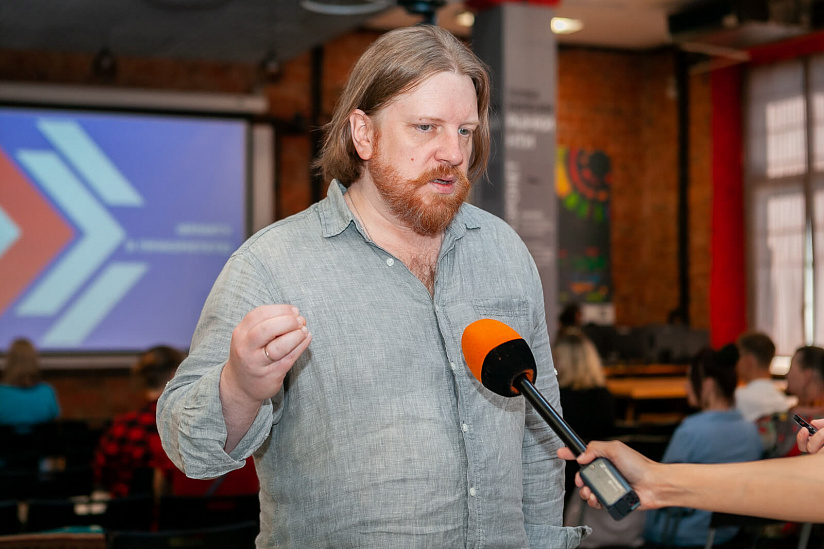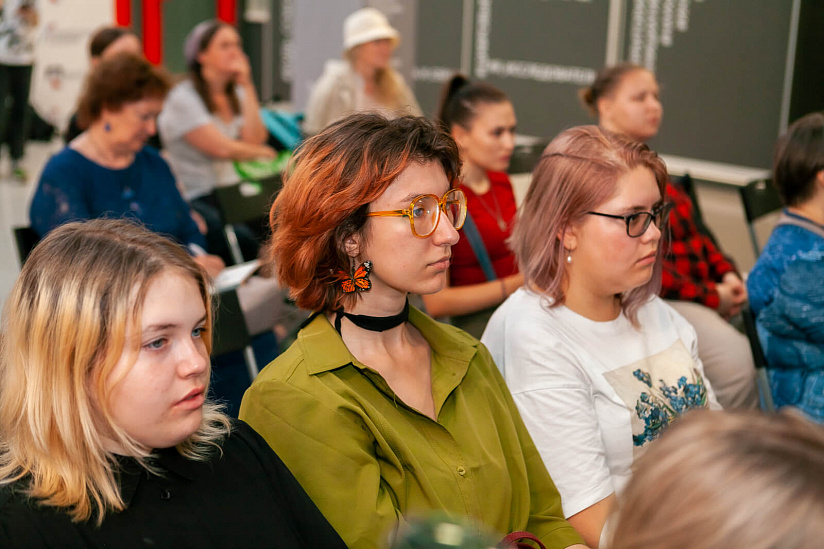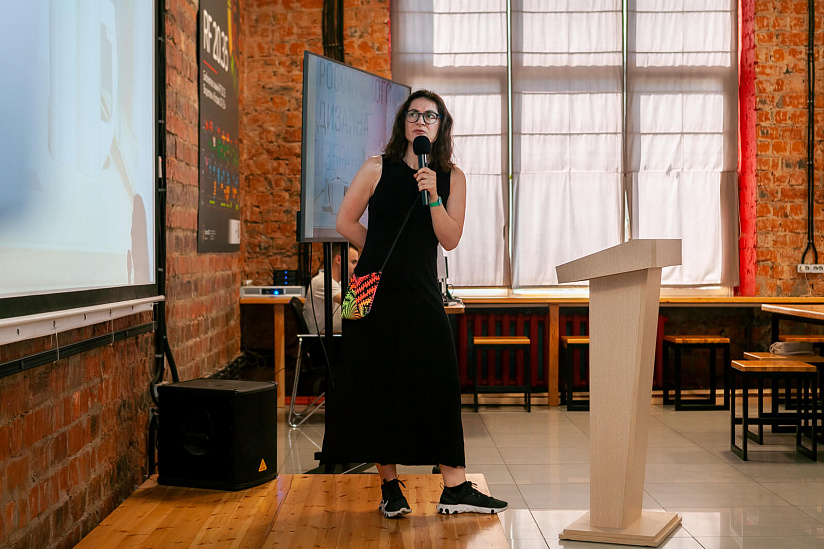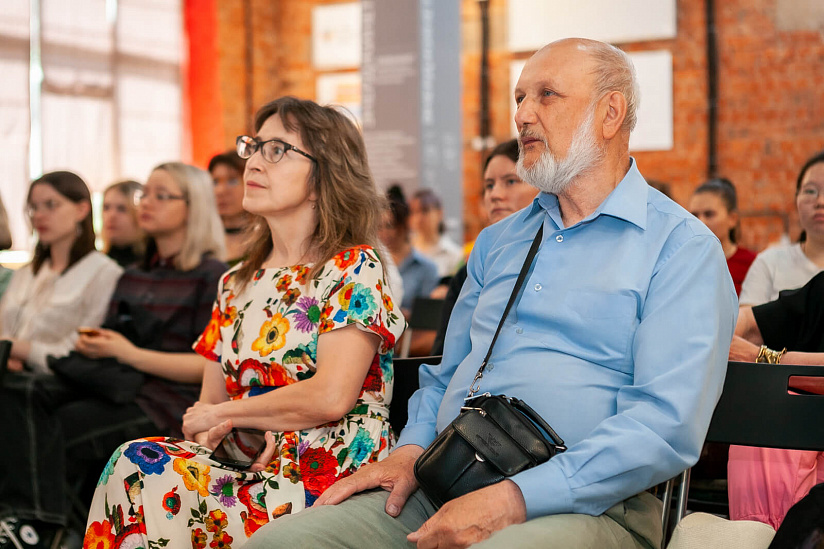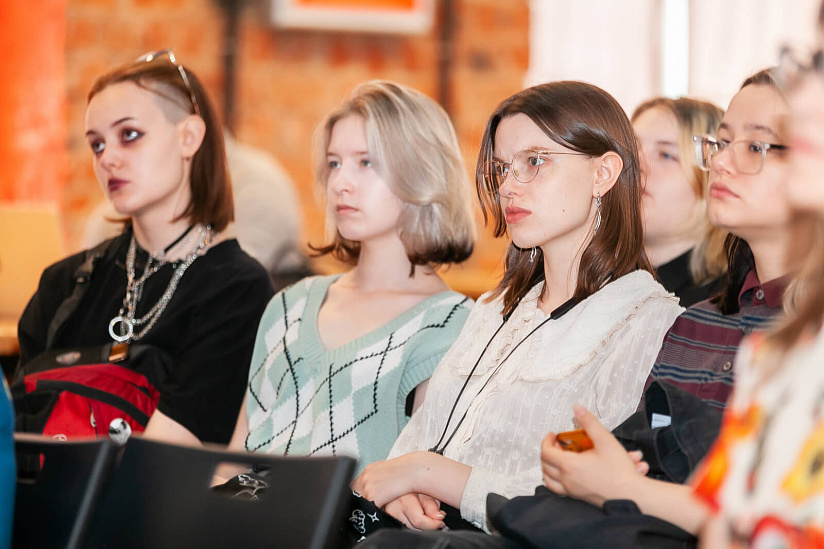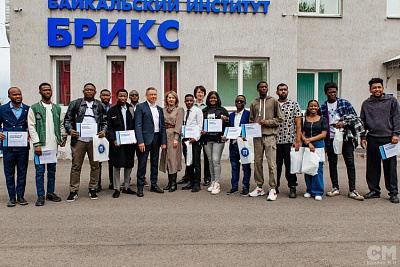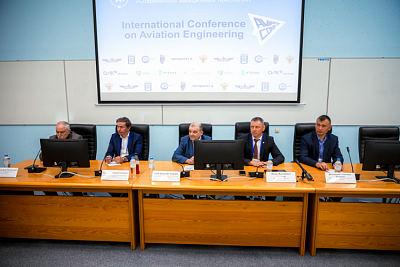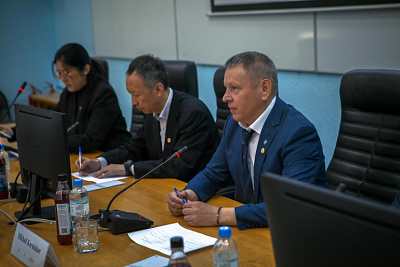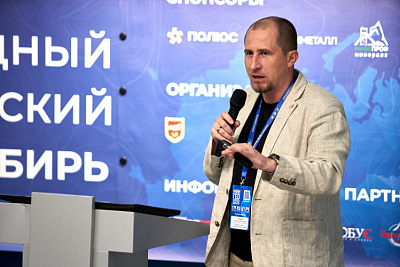Staff from the Moscow Museum of Design delivered lectures at INRTU
The event was a part of the international contest-exhibition «Cultural Heritage in Contemporary Design» that was initiated by the regional department of the Union of Designers of Russia headed by Elena Berman, associate professor of the INRTU. The project that united more than 200 authors from Russia, Japan, China, Kyrgyzstan, Mongolia, Israel and Uzbekistan will be held in Irkutsk on June 30 through September 21. In July a type of lectures «Russian design: yesterday, today, tomorrow» was held with participation of employees of the Moscow museum of design. They told the Polytechnic students about the history of Soviet art, creating theatrical scenery and using non-standard materials in their work.
The event was a part of the international contest-exhibition «Cultural Heritage in Contemporary Design» that was initiated by the regional department of the Union of Designers of Russia headed by Elena Berman, associate professor of the INRTU. The project that brought together over 200 authors from Russia, Japan, China, Kyrgyzstan, Mongolia, Israel and Uzbekistan is being implemented in Irkutsk from June 30 to September 21.
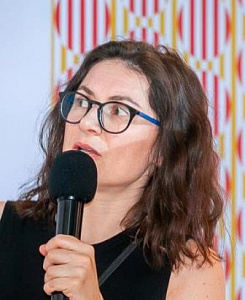
Moscow museum of design opened 10 years ago as a private residence of the New Tretyakovka. It is the only museum in the Russian Federation dedicated to design. The collection includes the best works of constructivist artists, the most significant projects of Soviet and contemporary Russian designers, as well as iconic objects of world art.
Svetlana Chirkova, curator of multimedia projects, opened the lecture at INRTU. She conducted a photo tour of the museum exhibition and spoke about the history of design in Russia, the founders were Kazimir Malevich and Vladimir Tatlin. Our compatriots learned constructivism and the use of local colours from the work of these masters. Revolutionaries of Soviet fashion were Varvara Stepanova and Lyubov Popova who decorated chintz fabrics with contrasting geometric patterns. These ladies rejected the concept of 'the art for art’s sake' and focused instead on the interests of customers. That is why dresses made of fabrics according to their designs were hugely popular.
The only period when the state supported design systematically were the 1960s and 1980s. During perestroika, authors stopped receiving state orders and had to develop themselves.
The lecturer also considered the theme of artistic research in the field of innovation. The works of St. Petersburg authors — furniture and acoustic panels made of dried needles of Christmas trees — remind about this. The museum also exhibits the work of industrial engineer Bulyash Todaeva. She creates interior and wardrobe items by pressing plates of recycled plastic.
The design session was continued by Stepan Lukyanov, art director of the museum and employee of the Stanislavsky Electric Theatre. This theatre appeared in 1935 as the Opera and Drama Studio under the guidance of director Konstantin Stanislavsky. Stepan designed the institution’s logo in the form of a light bulb, placing the portrait of the electric theatre’s founder in the centre of the composition. In this way, he tried to say that Stanislavsky is «a luminary of culture and the epicentre of world theatre art». Eventually, the corporate style was reflected in posters and tickets. The set designer and his colleagues use unusual ideas in the design of productions. For example for the opera Octavia. They have constructed a large head of Lenin from which the shining Buddha emerges. Interestingly, the leader of the world proletariat is surrounded by walking statues of the Chinese terracotta army.
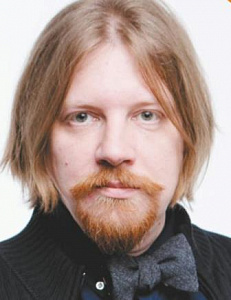
Stepan Lukyanov shared his impressions of the contest-exhibition and visit to the Polytechnic, which is decorated with mosaics and stained-glass windows, made by talented students.
The meeting was concluded by Alexandra Sankova, director of the museum. She spoke about branding Moscow museum design, cooperation with curators of European exhibitions and biennales.
Elena Berman, the organizer of the event, thanks the management of Irkutsk Polytechnic University for technical, coordination and transport support of the participants of the design session.
